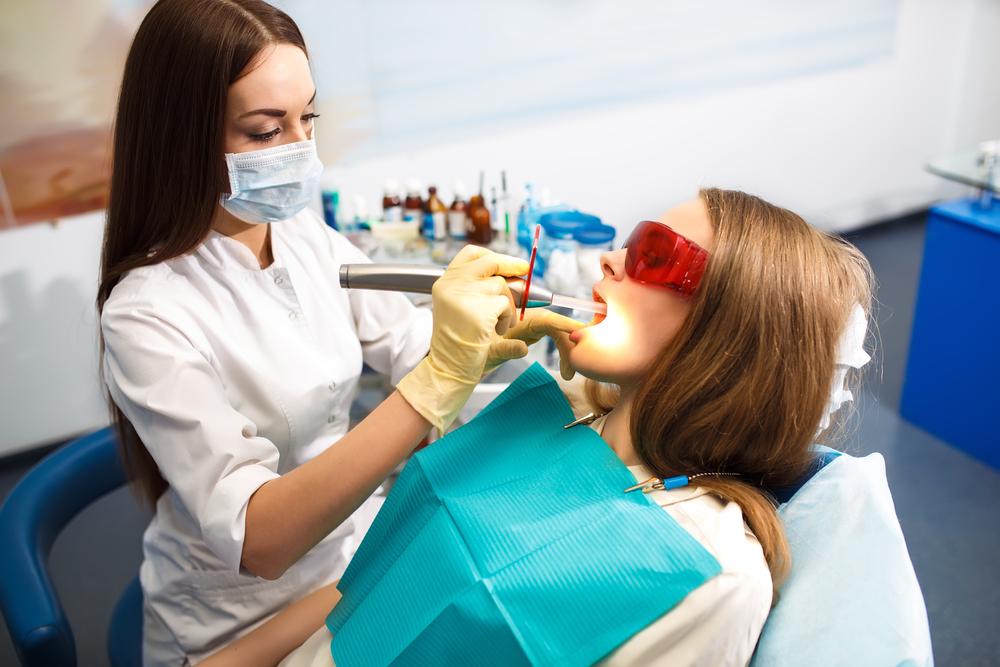Comprehensive Guide to the Top 5 Sexually Transmitted Infections You Must Know
This comprehensive guide explores the top 5 sexually transmitted infections—HPV, chlamydia, trichomoniasis, gonorrhea, and herpes. It details their symptoms, transmission, prevention, and treatment options, emphasizing the importance of regular screening and safe sex practices to maintain good sexual health and prevent long-term complications.

Comprehensive Guide to the Top 5 Sexually Transmitted Infections You Must Know
Engaging in intimate relationships involves a lot of joy and connection, but it also comes with certain health considerations that require attention. Among these, sexually transmitted infections (STIs) pose significant health risks if not identified and managed early. Whether you're beginning a new relationship, practicing casual dating, or maintaining an active sex life, understanding the most common STIs is vital for protecting your health and well-being. This extensive guide delves into the five most prevalent and potentially serious STIs—HPV, chlamydia, trichomoniasis, gonorrhea, and herpes—highlighting their symptoms, transmission methods, prevention strategies, and treatment options.
Human papillomavirus (HPV) is one of the most common STIs worldwide, with many strains capable of causing cervical and other genital cancers. Despite its high prevalence, HPV often presents no symptoms, which makes regular screening and vaccination essential components of preventive health. The HPV vaccine effectively reduces the risk of infection and related cancers, making vaccination a key strategy for males and females alike, especially before becoming sexually active.
Chlamydia, often dubbed the “silent infection,” affects millions globally each year. It frequently manifests with minimal or no symptoms but can lead to severe reproductive health issues if left untreated. Symptoms, when they do occur, may include abnormal discharge, burning during urination, and lower abdominal pain. Regular screening tests are crucial because early detection and treatment with antibiotics can eliminate the infection and prevent long-term complications such as infertility or chronic pelvic pain.
Trichomoniasis, caused by the protozoan parasite Trichomonas vaginalis, is a common yet often unnoticed STI. It infects both men and women, although symptoms are more apparent in women, such as itching, burning, unusual discharge, and discomfort during sex or urination. Trichomoniasis is treatable with specific antibiotics, and partner treatment is recommended to prevent reinfection. Safe sex practices and regular health check-ups are essential to avoid contracting or spreading this infection.
Gonorrhea, sometimes referred to as the “clap,” remains a persistent public health challenge despite available treatments. It can infect the genitals, rectum, or throat, with symptoms including painful urination, abnormal discharge, and sore throat. If untreated, gonorrhea can cause epididymitis, pelvic inflammatory disease, and increase susceptibility to HIV. Routine screening, condom use, and prompt antibiotic treatment are vital to controlling its spread and preventing complications.
Herpes simplex virus (HSV), which causes herpes, is a lifelong condition characterized by recurrent outbreaks of painful blisters or sores around the genitals or mouth. Although there is no cure, antiviral medications can reduce the severity and frequency of outbreaks. Herpes can be transmitted even when sores are not visible, emphasizing the importance of safer sex practices and open communication with partners. Preventive measures, including the use of barrier protections and regular testing, are crucial for managing this common STI.
Prevention is always better than cure. Regular STI testing, open communication with partners, and vaccination when available are crucial components of sexual health. Practicing safe sex by consistently using condoms, reducing the number of sexual partners, and maintaining good personal hygiene can significantly diminish the risk of infection. Additionally, understanding the symptoms and seeking medical advice promptly can help manage infections effectively and prevent long-term health issues.
In summary, knowing about these common STIs—HPV, chlamydia, trichomoniasis, gonorrhea, and herpes—is essential for anyone sexually active. Early detection through routine screenings, vaccinations, and practicing safe sex can drastically reduce the risk of complications and improve overall health. Protect yourself and your partners by staying informed, getting tested regularly, and adopting safe and hygienic sexual practices. Your proactive approach to sexual health can make all the difference in leading a healthy and fulfilling life.





